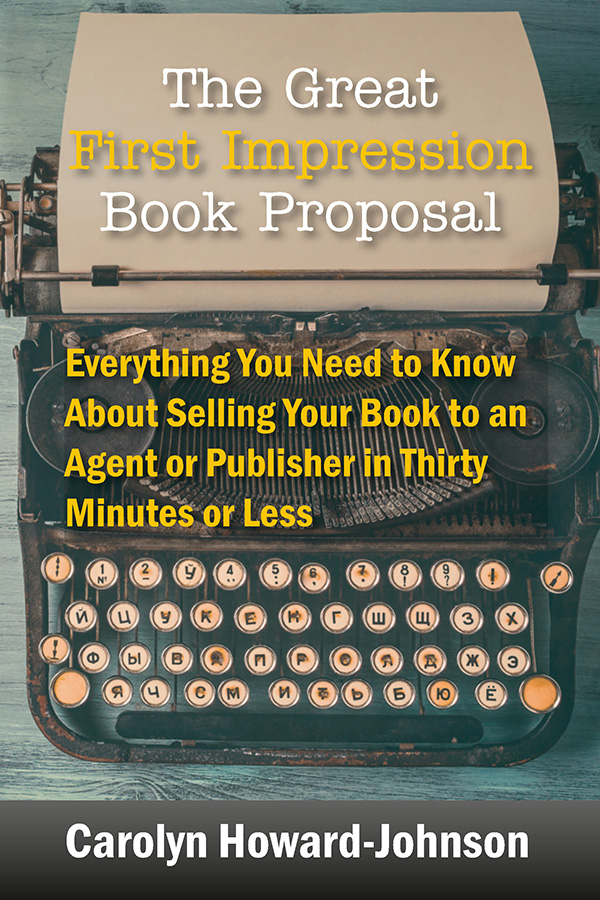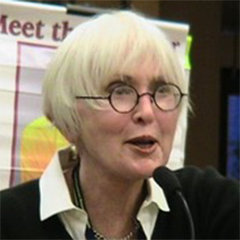Vintage Vroman’s Bookstore Chirstmas Stars (Pasadena, CA.)
A Book-ish Nudge for Making Books Work for Christmas
Letting Taylor Swift’s Genius Guide Holiday Choices
By Carolyn Howard-Johnson, multi-award-winning writer of fiction, poetry,
and the HowToDoItFrugally Series of books for writers
I used to think Taylor Swift’s “Last year I gave you my heart” the most unlikely Christmas song of all time. Kind of a downer, you know? I changed my mind when I started noticing how she markets, her interest in doing good, her focus, her assertiveness. And she sure had a knack for turning a less-than-upbeat situation into song.
So as Christmas approached, I started thinking about those marketing chops of hers, how I could take her advice even though I am way past the fawning fan stage of life. She didn’t give up on romance; instead she would find a new love who would understand the true spirit of giving and was figuring out how to make it work even better. So, lucky you! I’ve reduced it in number, mostly related to some holiday publishing I’ve done in the past—complete Taylor-inspired improvements
OLD HOLIDAY IDEAS WITH NEW TWISTS
Magdalena Ball, CompulsiveWriter.com founder and editor and I—reached across hemispheres to write our own little book called a chapbook to use instead of costly holiday greeting cards but it can be adapted to work for any business or profession. For authors it will be applying a part of their own working lives to their own holiday marketing/public relations campaign. It’s called…
Publishing a book and, yes it can be used by anyone who wants to try it. Magadalena and I used Amazon’s KDP (Kindle Digital Platform) feature to publish a book. What an idea! The “author” of this book can make a small project of it, let it grow, or plan a large one and run with it. Start collecting photos, poems, old adages that apply to your theme—your own special holiday, friendships, businesses, whatever. Assemble them into a Word file—one for every person on your list or a more general one. Depending on the size they can turn out to be everything from a booklet to an inexpensive coffee-table type book. C’mon. You have nearly a year to add to your first draft and it’s all free except for the copies you end up ordering for your own needs and they are wholesale. You only need about twenty-five pages to meet Amazon’s minimum page count. Here are some time-saving and value-added ideas:
~To make some more personal, I sign, date, and maybe add a little Santa sketch I can draw in five seconds flat.
~To suggest a handmade quality, you can add a permanent book mark made of grosgrain ribbon or velvet ribbon.
~ As an Amazon prime member I occasionally let Amazon sent e-books to people I thought of last minute using their gift-message feature. It was nearly instantaneous and it saved shipping costs.
~Books could be used as charity gifts using personalization…or not. Titles, themes, and dedications can be changed for special editions. Inexpensive Avery-type bookplates could be enclosed or three-dimensional stickers could be ordered for special needs. Books in quantity enough for residents of local senior centers. Consider getting permission to including a sugar free holiday cookie.
~Thanks to Taylor, I promise not to forget a special thank you to whoever tosses the daily news onto my front porch this year, maybe put a bow on it made with the plastic bags they deliver our news in each day as a little joke.
Booklets like these can be used for a variety of non-seasonal promotions. I have a motto: No real, live person should ever leave one of my classes, seminars, book signings, or writers’ conference presentations without a “keeper” in their hands or pressed into their notebooks.
PS: Let’s all plan to give 20% more books as gifts this year. If lots and lots of authors did this, it might mean fewer layoffs than originally planned for publishing and their related industries like libraries.
PPS: “Christmas in July” is not just a retailing gimmick. It is the time to pitch holiday stories and promotions for your business, your book, or your profession to magazines and other print media. I know because I worked for Good Housekeeping magazine after starting a writing career at a daily newspaper and had a hard time adjusting my internal clock to such a lengthy deadline. Think both pre- and post-holiday needs. Think worldwide. Think national. Think local. As ideas come to you, add alerts to your calendar. Don’t be chintzy with the details. Busy minds get forgetful. If you’re great at public relations, you’ll also send one of those self-made books we talked about to the editors who accepted and wrote your feature story idea after its publish date as a thank you.
MORE ABOUT WRITERS ON THE MOVE BLOG’S CONTRIBUTOR
Carolyn Howard-Johnson brings her experience as a publicist, journalist, marketer, and retailer to the advice she gives in her #HowToDoItFrugally series of books for writers and the many classes she taught for nearly a decade as instructor for UCLA Extension’s world-renown Writers’ Program. All her books for writers are multi award winners including the first edition of The Frugal Book Promoter, now in its third edition. Her The Frugal Editor, also in its third edition, won awards from USA Book News, Readers’ Views Literary Award, the marketing award from Next Generation Indie Books and others including the coveted Irwin award.
Too Late for This Christmas? Tip for Writers: Amazon offers a new service absolutely free. In addition to an author’s regular buy page, it is a special page that lists all e-books in a series. Don’t think of it as a page for a genre fiction series only. The publisher of my HowToDoItFugally Series did this one for my series of books for writers at https://www.amazon.com/dp/B0BTXQL27T, but it’s available for indie authors, too. Either way, the service is absolutely free! Amazon also produces the triptych images for these pages free. For Most Everyone on Your Christmas List: How about a last-minute book of Christmas poetry from Magdalena Ball’s and my holiday entry in their Celebration Series of chapbooks, paper or e-book. Find it at https://bit.ly/BloomingRed or see the whole series here. The series also includes chapbooks for Women’s Day, Valentine’s Day, Mother’s Day, Father’s Day, and, yep...Christmas. |

















